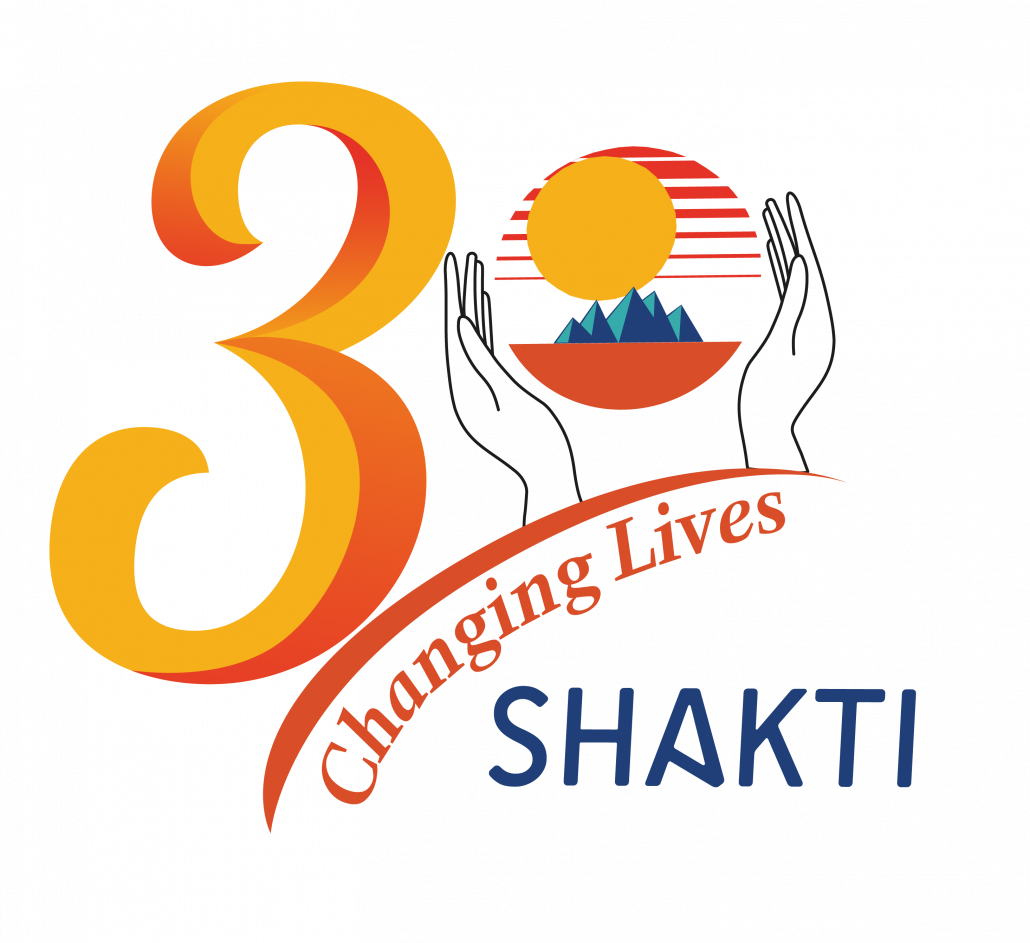Oral Statement to the CEDAW Committee, United Nations, Geneva
Statement from SHAKTI and NZPC to the UN Convention on the Elimination of Discrimination Against Women (CEDAW) Committee 70th Session
9th July 2018 SHAKTI
New Zealand has the highest reported rates of domestic violence in the OECD. According to government sources, 76% of incidents are NOT reported to the police . 1 1 in 3 women experience physical and/or sexual violence from a partner in their lifetime. I’d like to raise five concerns of urgency related to violence against women.
1. Of late, the statutory government agencies have been driving a language change around domestic violence, towards the concept of “family harm”. Terms like `predominant aggressor’ and `mutual participant’ are being used within government agencies which is filtering down to how they interact with victims and NGOs. We are deeply concerned that such a move is an attempt to diminish the severity of the problem and mask the gendered nature of domestic violence. We believe this is also an attempt on the part of the Police to deflate statistics. NGOs advocating for the use of the `gender-based violence’ terminology are being silenced by such statutory bodies like the police and discriminated in terms of high risk victim referrals being made to them. This situation has rendered women, particularly migrant and refugee women, highly vulnerable.
2. There is structural discrimination against migrant and refugee women in domestic violence responses. We have witnessed the Police disbelieving women facing forced marriages and failing to take necessary action to ensure their safety. We see a general lack of consultation from the New Zealand police in their changing responses to domestic violence and we feel unsafe.
3. Forced and underage marriages continue to occur in New Zealand, despite the CEDAW Committee Recommendations to the State to intervene in the last two
1 http://areyouok.org.nz/family-violence/statistics/
1
Concluding Observations. Madam Chair, this is the third time we are bringing up this issue. We appreciate and acknowledge the legislative proposals currently under consideration, however the progress is extremely slow and the intervention support to victims and prevention projects engaged in by NGOs continue to be unresourced and unsupported.
4. Institutionalised discrimination and marginalization of migrant and refugee NGOs continue to prevail, through inadequate allocation of resources by government departments keeping NGOs working in this sector constantly poor and overworked. We believe this is deliberate exploitation by the government of the NGO sector, which is a largely feminised sector.
5. NZPC – New Zealand Prostitutes Collective: There is evidence that migrant women who have left violent relationships with New Zealand citizens, through necessity have found economic independence by working as sex workers. They have experienced further hardship because although eligible to do other work they cannot work legally as sex workers because of section 19 of the Prostitution Reform Act 2003, which was inserted to prevent trafficking.
Thank you.
[NOT TO BE READ OUT] – For further consideration by the committee
